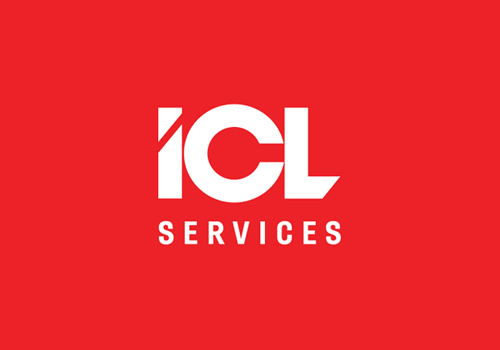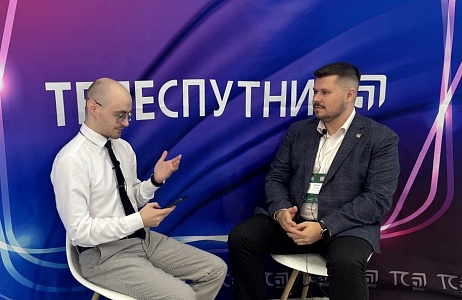Готово!
Скоро материал придет на указанную электронную почту. Также подписывайте на нас в Facebook
Ok
Evgeny Mamaev (ICL Services): We Are Developing A New Type Of Drone Delivery That Will Soon Become Commonplace
Today, unmanned systems are becoming increasingly integrated into business operations. They are capable of delivering goods, and in the near future, the drone courier market could experience rapid growth. Evgeny Mamaev, Head of the Electronics Design Center at ICL Services, discussed the economic prospects of UAV delivery and how the new digital platform DroneXpress will operate in an interview with Telesputnik.
Tell us more about the DroneXpress platform. What kind of solution is it, how does it work, and what fundamental business problem does it solve?
ICL is developing a new line of business — an operator model focused on building infrastructure for drone-based parcel delivery, primarily targeting the "last mile." We're talking about small parcels — up to 10 kg — delivered over distances of 10–15 km.
Fundamentally, it's a new type of logistics that complements existing courier delivery. What business problem does this primarily solve? It helps address the courier shortage, which is currently a major issue in Russia. According to recent data, around 750 mln courier deliveries take place annually across the country, involving more than 1 mln workers. The official shortage stands at 30%.
This means drones can replace or supplement 20–30% of the courier delivery market. This is especially relevant in regions where courier delivery is either impossible or economically inefficient.
Who is the platform primarily aimed at? Who is its target audience: logistics giants, retailers, or small courier services?
We position this platform as drone-sharing. That means it's a business model any customer can connect to. Naturally, large retailers, marketplaces, and logistics companies will serve as anchor users and clients. At the same time, we're building the platform so that, for example, a restaurant, clinic, or government organization can join and collectively use the infrastructure to achieve economic efficiency.
What key technologies form the foundation of your solutions? Are we talking about AI, machine learning, computer vision?
We use a wide range of hybrid technologies. We intentionally don't position ourselves as a hardware vendor — neither for drones nor for droneports. We are creating a multi-vendor platform to integrate all existing technologies available on the market.
In recent years, drone manufacturing in Russia has made a tremendous leap forward. There are now many domestic technologies in this field — from proprietary chips to custom neural models for object recognition, drone navigation across maps, and flight without GLONASS or satellite navigation. The same applies to robotics, droneports, automated maintenance, and so on. So the technology stack is truly enormous.
What is the degree of process automation? Does the platform only plan routes and track flights, or does it fully automate the process?
We strive to make the process as automated as possible. We select equipment suitable for autonomous flights. There are FPV drones controlled by operators, but there are also ones capable of flying part of the route autonomously, allowing a single dispatcher to manage multiple devices, ports, or UAVs (unmanned aerial vehicles — Ed.).
Naturally, it's impossible and unacceptable to eliminate human involvement entirely. A human must oversee the process, and various authorities may also monitor drone operations, but the degree of automation is already quite high.
It's logical to ask — who uses the platform from the personnel side? Is it a dispatcher, a logistics manager, or can businesses use it directly?
We approach this with the goal of making the platform accessible to the end user. Everyone today uses delivery services for groceries, food, medicine, and so on. And we want end consumers, through our clients, to see a "new button" appear in their apps. For example: "Pick up at parcel point," "Deliver by courier," or "Deliver by drone." This will be a new type of delivery that should become as widely available as courier services or ride-hailing apps are today.
Does the business side require any special preparation to work with DroneXpress?
No. We handle all of that ourselves — training external pilots, operators, maintenance engineers, infrastructure designers, and so on. In other words, we take full responsibility for this. We are creating a separate consulting and design division that will work with clients to develop the infrastructure necessary to deliver their services. Our clients then simply connect to the platform and use both it and the infrastructure as a service.
When and in which cities is the pilot launch of the project planned?
Next year, we plan to launch the project in Innopolis, Republic of Tatarstan. It’s actually quite a unique location. Innopolis operates under an experimental legal framework that allows drones to fly under simplified regulations, and it also serves as a model city surrounded by diverse urban areas.
Andrey Kondratyev
Stay informed
Subscribe to our newsletter and keep up with our latest news

